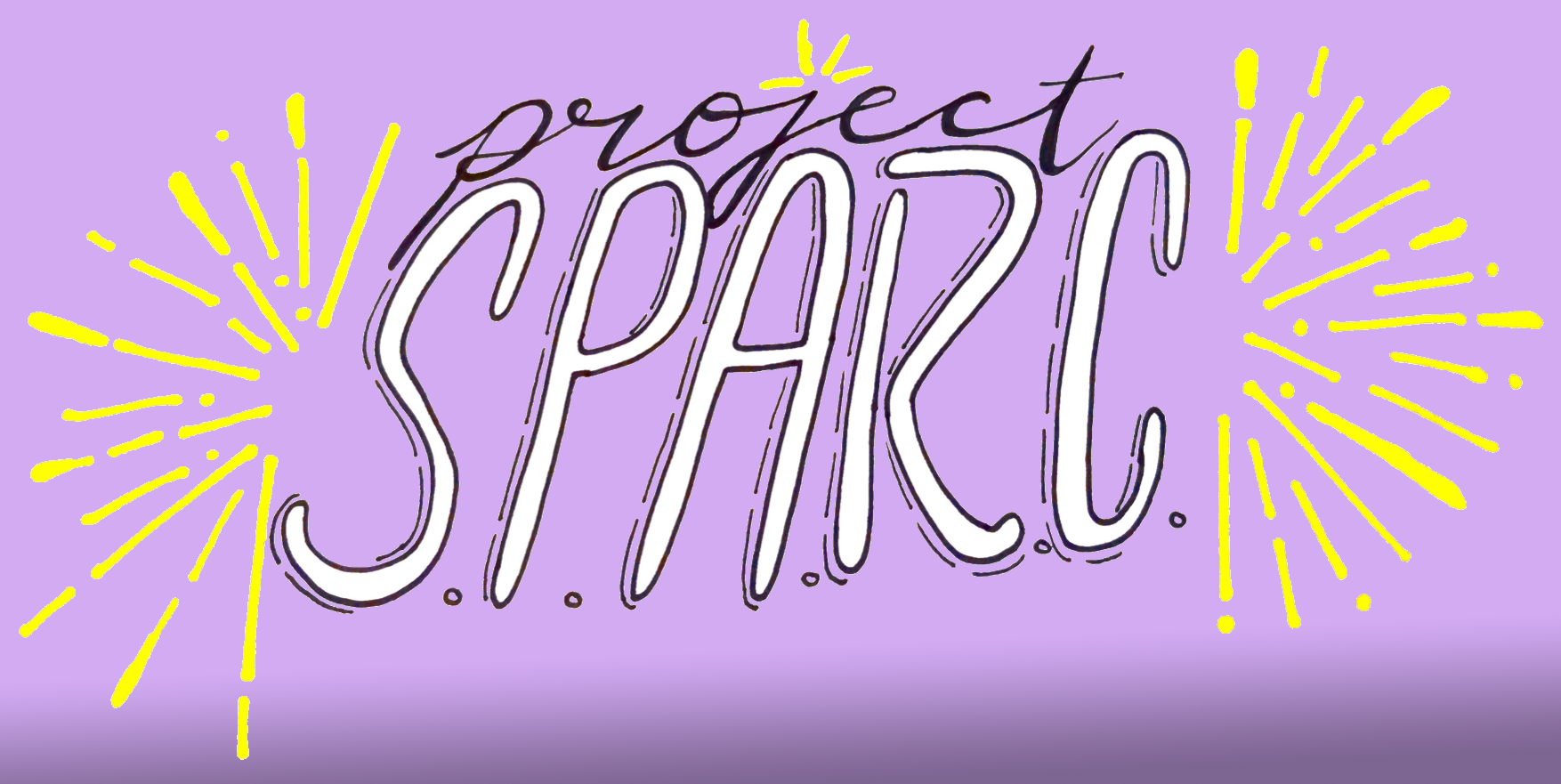
Nicole Lussier, October 2019
Upon joining the SPARC team back in August, I had no idea what to expect.
After a summer as the office aid for Smith’s Education Department, I was now taking a leap into an entirely new project, Participatory Action Research. Prior to June of 2019, I had little to no idea what Project SPARC was. I was a rising junior at Smith, an education major, and someone very familiar with Springfield and Western Mass, being from Holyoke myself. Despite my lack of knowledge, the thought of conducting research out of Springfield excited me.
At the close of my office aid duties, I immediately began working for SPARC as a data collector, both transcribing and coding the interviews coming directly from Springfield residents. At first, transcribing and coding seemed like a daunting task, the work is extremely tedious. I was shocked to realize that oftentimes, transcribing a one hour interview can take upwards of 4 hours. But day after day, as I continued to listen to and transcribe interviews, I began to deeply understand the importance of the work that SPARC is doing.
When conducting research, especially with human subjects, there is nothing like hearing directly from the source; and that is exactly what Participatory Action Research (PAR) aims to do. It is working directly with the people of Springfield to get to the core of the problems, corners, and opinions of the people.
Continuing my SPARC journey, I began to work closely with the team on coding the transcribed interviews, that is, reviewing the transcriptions and making note of the big themes and patterns that we see laced throughout them. This is where the true work really began. I spent many hours crafting a very long document, 34 pages to be exact, that outlined around 7 or 8 major themes, and then 3 or 4 sub-themes for each, showing and telling the things that Springfield residents were repeating in the interviews. For example, one of the major themes is what we originally called “Financials” with sub-groups such as “Financial Literacy” and “the necessity of having and keeping a job.”
I then collected quotes from the interviews and categorized them under each theme and sub-theme. This work was tedious, but what it ended up illustrating to us as a team became priceless. In the making of this document, I was unable to get through every transcription, just for sheer lack of time and space, however, what it did was point out the severity of certain problems that are felt and acknowledged by Springfield residents.
When creating the document, this was not my original intention, it was supposed to be a place to log and keep track of information, but what it ended up doing was illustrating for myself and the SPARC team where the true problems lie. It is shocking to look at the transcriptions and notice that almost everyone interviewed feels unsupported and lost during their transition into adulthood. Like I said above, it worked to point out the severity of these realities in a way that makes them unavoidable and undeniable.
On that same point, tracking themes also worked to show what is working well in Springfield, such as the successes of programs like Project Coach or the guidance counselors/teachers that were able to positively affect those who were interviewed. My time as a data collector for SPARC, both transcribing and coding interviews, has functioned to do a lot more than show me how to log information, it has led to my investment and belief in Project SPARC. I was both shocked and moved by the transcriptions I read and coded, and they worked to illustrate to me and the SPARC team where our attention is needed. The themes we uncovered have opened up a world of possibility for positive change in Springfield and I believe this works to show the true power of Participatory Action Research.
